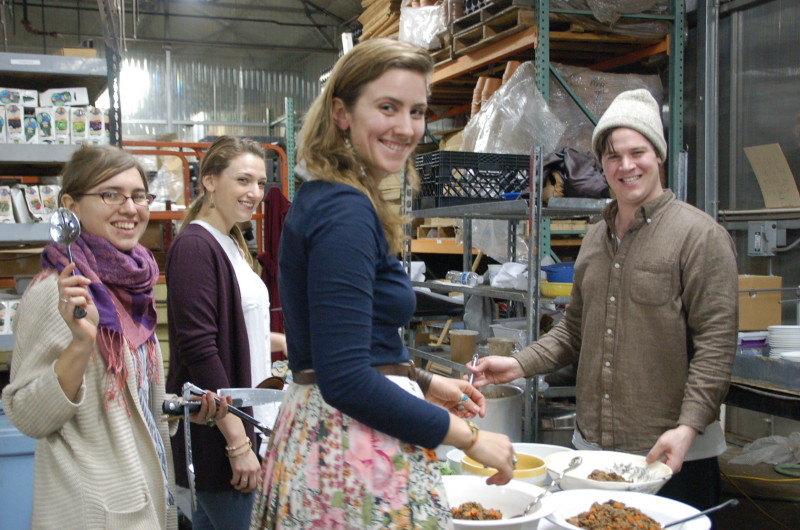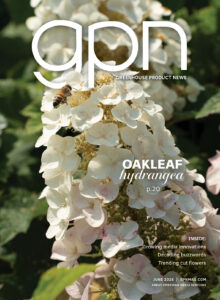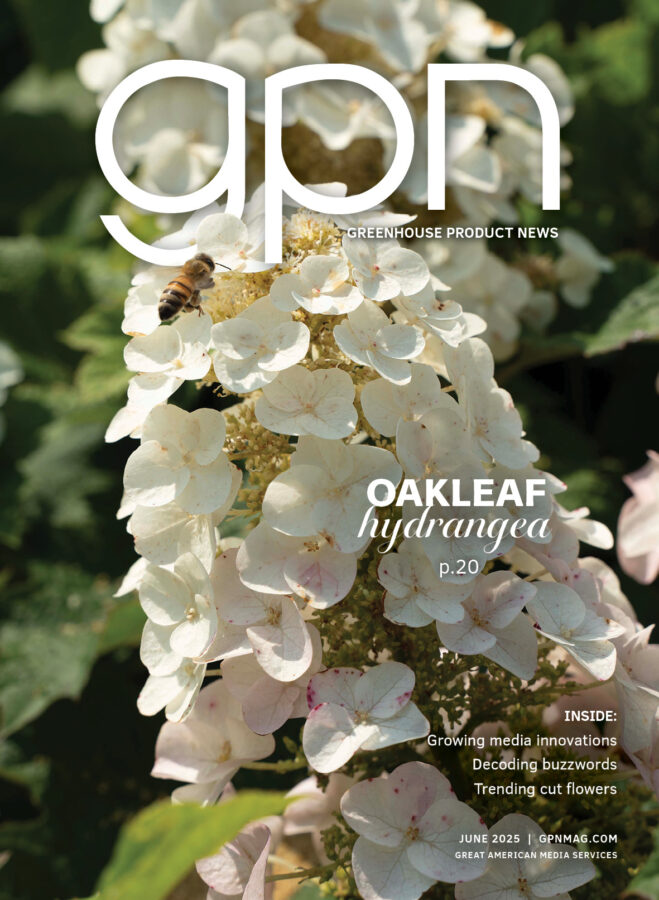
Gardening Trends for the Eco-Conscious Consumer
In the age of greenwashing, it’s easy for consumers and growers alike to receive mixed messages on what “organic” means. Organic certifying agencies and organic farming associations are re-launching marketing efforts to help eliminate the confusion and clearly define organics and the benefits to growers and consumers. California Certified Organic Foundation (CCOF) is working to educate consumers that “organic” also means “non-GMO.” Farming associations such as the Pennsylvania Association for Sustainable Agriculture (PASA) have developed methods to help growers define “local” with the Buy Fresh Buy Local program. Growers can use a scorecard to illustrate how their products are local for consumers.
Consumers can search for local producers and markets on the Buy Fresh Buy Local website, and are encouraged to participate in an open dialog with growers. Eliminating the myths and conflicting information about organic versus conventional growing practices leads to better informed consumers and growers, and in turn happy communities.
Growing Exotic Edibles and Ethnic Greens
For gardeners who have already mastered growing their own tomatoes, hot peppers and fresh herbs, the next challenge in food growing is exotic edibles, such as ginger, cardamom, turmeric, figs, coffee and mushrooms. Urban populations are again on the rise, leading to a melting pot of cultures and diversity. As communities grow and become more diverse so does their sharing of traditional and ethnic foods. Gardeners are now looking to try their green thumbs at ethnic greens, such as cilantro, daikon, pak choi, tatsoi and others.
Researchers also have been experimenting with growing miniature root vegetables in liner trays. Growers can jump on this trend for 2016 by expanding the list of edibles to popular varieties for the ethnicities in their region.
Farming Foodies
Gardening and cooking are two hobbies that are always better when enjoyed with family and friends. Millennials surely agree, as they are the fastest growing demographic of food growers (Gardening.org, 2014). Urban farms spearheaded by Millennials, such as Greens Grow in Philadelphia, and Gotham Greens and Brooklyn Grange in New York, have sprouted in the past decade to provide locally grown produce to city dwellers.
Neighborhoods and friends are also bringing their community garden harvests to dinner parties where each guest brings an element of the menu — the home brewer brings her newest concoction, the mushroom fanatic brings his foraged finds, the greens are harvested off the kitchen windowsill. The neighborhood builds stronger bonds as they build and enjoy their meal together.
Chefs and restaurants also are focused on sourcing ingredients locally, and want to share the story of the menu from farm to table with restaurant goers. Some Millennial chefs are even taking the dining experience back to the farm, with collaborative one-night dining events. Katie Briggs of Eclectik Domestic (www. eclectikdomestic.com) hosts farm-to-table events across the country, bringing local producers and foodies together to revel
in the wonderment of food. Growers can reach out to innovative chefs in their local community and host a greenhouse-to-table event or establish a relationship as a provider of local produce.
Pop-Up Collaborative Gardens
Pop-up gardens are a popular trend in Philadelphia that is spreading to other cities and suburbs. For the last few summers the Pennsylvania Horticulture Society (PHS) has worked with local growers, breweries, musicians, artisans and food trucks to transform an abandoned city lot into a temporary garden and entertainment space for a season.
Growers can partner by providing plant material for the pop-up garden, sharing their logo and names of partnering IGCs on plant signage, so visitors know where to purchase the same plants to enjoy in their home gardens.
IGCs can host Make & Take events at the pop-up garden on weekends, where attendees make a small succulent dish garden or sprout a mushroom log while sipping on local brews and listening to a local band.
The container garden serves as a reminder of the great weekend spent at the pop-up garden and the consumer is happy to return to the garden center when an invite for another event or coupon arrives in the mail the following month.









 Video Library
Video Library 


















